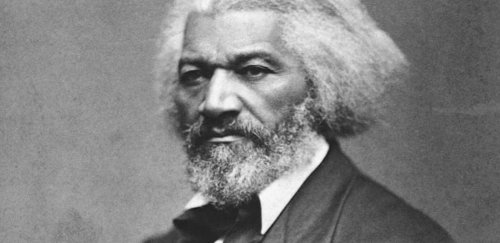Course Information
Here we provide information on course requirements, course descriptions and an Academic Rhode Map for each program – a semester-by-semester plan to help you toward graduation in four years.

The Africana Studies Program at Rhode Island College is one of the oldest Black Studies programs in the New England area. We offer a myriad of cross-cultural courses that focus on:
These courses give you both a historical and contemporary understanding of the experiences, traditions and dynamics of people of African descent throughout the world. By extension, it prompts you to rethink not only what you know about people of African descent, but of all humankind. Africana studies provides an ideal foundation for students who aspire to careers in academia, education, law, public policy and social work.
Here we provide information on course requirements, course descriptions and an Academic Rhode Map for each program – a semester-by-semester plan to help you toward graduation in four years.
Upon completion of this program, students will be able to:
In short, Africana studies students should be able to negotiate the transdisciplinary relationship among the anthropological, historical, psychological, religious, sociological, aesthetic/literary, linguistic, economic, political, medical, scientific and technological areas of black life.
Writing is central to the field of Africana studies. Through writing, students learn to interpret and employ complex ideas and theories; apply and produce critical, analytical and creative thinking; communicate knowledge that they generate through research; integrate multidisciplinary knowledge; and develop an Africana-centered approach to knowledge production.
Africana studies has designated AFRI 461: Senior Seminar in Africana Studies to satisfy the WID requirement.
AFRI 461 is the capstone course in Africana studies and is required of all majors and minors. Africana studies is a multidisciplinary and interdisciplinary field of study and it is in the senior seminar that students integrate their learning across disciplines. Writing in this course requires students to demonstrate their mastery of theory, research and interpretation.
While AFRI 461 has been chosen to satisfy the WID requirement all courses in Africana Studies prioritize writing by assigning, teaching and evaluating writing through a variety of writing genres.
AFRI 461 requires students to write across a range of genres. Students are asked to write short response papers that are critical interpretations of texts assigned in the course. This writing requires a close reading of texts and is reflective, analytic and evaluative.
Longer papers focus on writing that necessitates interaction between and integration of several, often multidisciplinary, texts. These papers ask students to practice critical writing skills by formulating a thesis, developing an argument for the thesis, using evidence to support the argument and critically analyzing interpretations and conclusions.
Finally, students undertake a substantive research project that requires them to do research-oriented writing, including a detailed research proposal (research questions, data and methods, literature review), annotated bibliography and research paper. This is a scaffolded assignment with opportunities for revision and incorporation of feedback from peer-review and the instructor.
In AFRI 461, students are provided with detailed guidelines for each writing assignment. They frequently get comprehensive feedback from the instructor through comments on papers and individual conferences. Peer reviews also provide another layer of feedback. Writing is defined as an iterative process and students are encouraged to revise drafts of writing assignments.
Additionally, the instructor works with the Writing Center to do in-class tutorials on different aspects of the writing process for the research project. These range from choosing a topic and writing an argument to using citation styles consistently and accurately.
Students should have an appreciation of the power of writing as a critical component of knowledge production and knowledge communication. They should have developed an understanding of how writing can influence thinking and action.
Writing demands that we work at it constantly and purposively and develop self-knowledge. Having completed AFRI 461, students should have an increased awareness of the kind of writer they are and of their writing process.
Declaring a minor allows you to explore other areas of interest and make interdisciplinary connections. Minor areas at RIC complement and reinforce all major areas of study. By declaring a minor, you can set yourself apart as a candidate for job, internship and volunteer opportunities.

The Africana Studies Program at Rhode Island College is one of the oldest Black studies programs in New England. We offer a transdisciplinary curriculum in the arts, humanities and social/behavioral sciences.